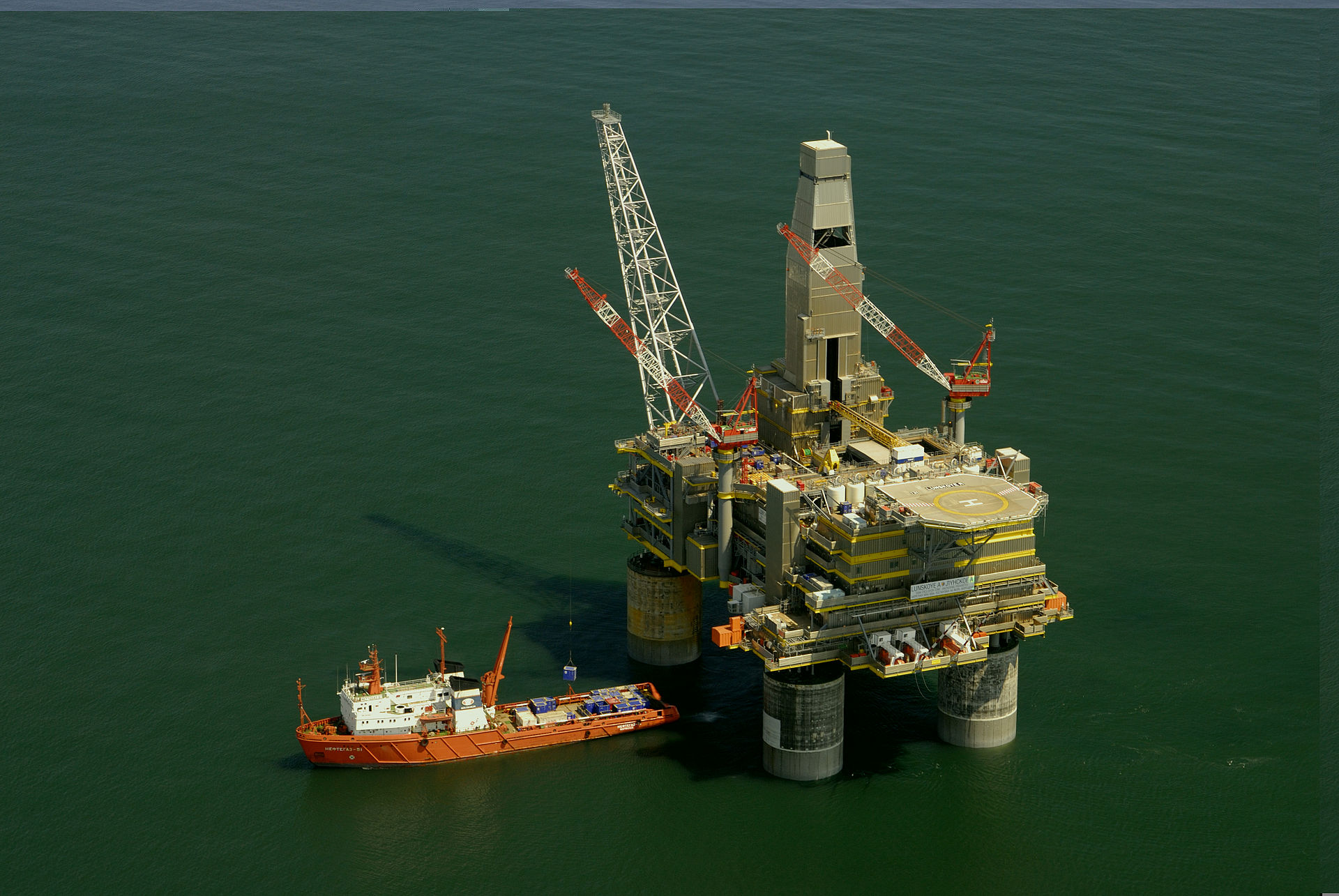Just before leaving office, U.S. President Barack Obama issued a permanent ban on offshore drilling in the US part of the Arctic Ocean as well as a few areas on the country's Atlantic coast. Environmentalists are ecstatic about the decision to ban drilling, while those who had hopes for President-Elect Donald Trump's pro-development agenda are disappointed.

Along with similar steps taken by Canadian Prime Minister Justin Trudeau, Obama blocked drilling in federally owned land in the Arctic and Atlantic Ocean. This will extend the current moratorium on Alaskan oil drilling and five-year offshore drilling ban - which was supposed to start in 2017 - indefinitely.
Obama used a little-known 1953 law called the Outer Continental Shelf Lands Act, to instate the ban - a move that will make it difficult for President-Elect Trump's administration to reverse the decision.
Obama's decision has received a lot of positive feedback from environmentalists who were worried about Trump's pledge to repeal what he called "draconian climate rules" that interfered with resource development. Oil spills in Arctic waters could be catastrophic for delicate ecosystems already feeling the impacts of global warming. Some of the environmental groups have even stated that the consequences of an oil spill in the Arctic would be "uncontrollable". Due to harsh Arctic conditions, oil "recovery rates will never be 100% and are actually more likely to be around 10 to 20%." Aside from the possibly of a spill, Arctic marine species, fishing, and traditional livelihoods such as hunting could also see some impacts due to oil exploration and extraciton activities.
Those who believe Obama's ban is a bad idea argue that Trump's pro-development agenda would ultimately translate into a broad range of economic opportunities, including potentially more oil and gas development in the Arctic Ocean. More oil drilling would create jobs and support the state and municipalities, which rely on the oil and gas industry to provide jobs and revenue.
"Oil and gas is the main engine keeping our schools open and paying for services," said John Hendrix, Alaska Governor Bill Walker's Oil and Gas Advisor. Additionally, it will be more difficult to make the US completely energy independent without further oil and gas development.
